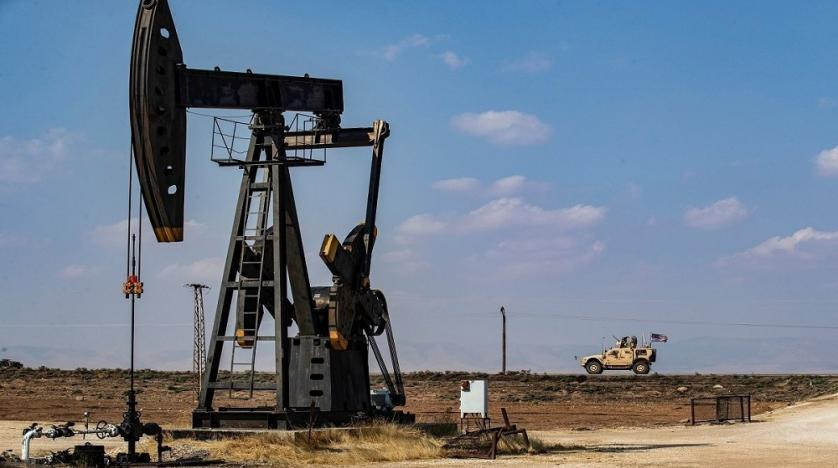The behind-the-scenes scrap between Russia and Iran over oil wealth in northeastern Syrian regions, which are not held by the Kurdish Syrian Democratic Forces (SDF), has intensified.
As Syria is in the grips of a stifling economic crisis and Western sanctions, Russia and Iran’s attention has shifted towards investing in oil and gas fields that remain under Damascus’ control. Syria also boasts phosphate reserves.
In 2017, Damascus and Tehran signed four strategic deals for the Iran Revolutionary Guards to run a third mobile phone operator, invest in phosphates for the next 99 years, seize agricultural and industrial lands, and set up an oil port on the Mediterranean.
In September 2020, Russia and Syria held a series of meetings aimed at bolstering economic relations. They also upped their military cooperation and deployment at the Lattakia and Tartus bases. Soon after Russia’s military intervention in Syria in 2015, it signed an agreement with Damascus that would allow Wagner mercenaries to protect and liberate oil and gas installations from the Islamic State (ISIS). In return, it would receive 25 percent of their revenues.
Estimates from 2018 said that some 2,500 Wagner operatives and some 20,000 to 25,000 Iran-backed militants were present in Syria.
With the fighting dying down in March 2020, the race between Russia and Iran to claim Syrian sovereign rights intensified. Iranian militants, as well as the Lebanese Hezbollah and Fatemiyoun fighters from Iraq, have seized the oil and gas fields in the Deir-ez-Zor and the Raqqa countryside. Pro-Russia forces have, however, sought to expel them.
Russia has sought to obtain oil investment contracts in the Mediterranean. Damascus approved an agreement granting a Russian firm rights to drill for oil in Syria’s offshore block in its exclusive economic zone that stretches from off the coast of Tartus to the border with Lebanon. The deal lasts 29 years.
Iran still controls the Alboukamal oil wells, which it captured in 2017. It also controls phosphate mines in the Palmyra countryside, despite repeated attempts by Moscow to seize them.
American officials believe that Russia and Iran’s race for Syria’s resources will grant them a crucial negotiations card when it comes to the war-torn country’s future.
 Eurasia Press & News
Eurasia Press & News



